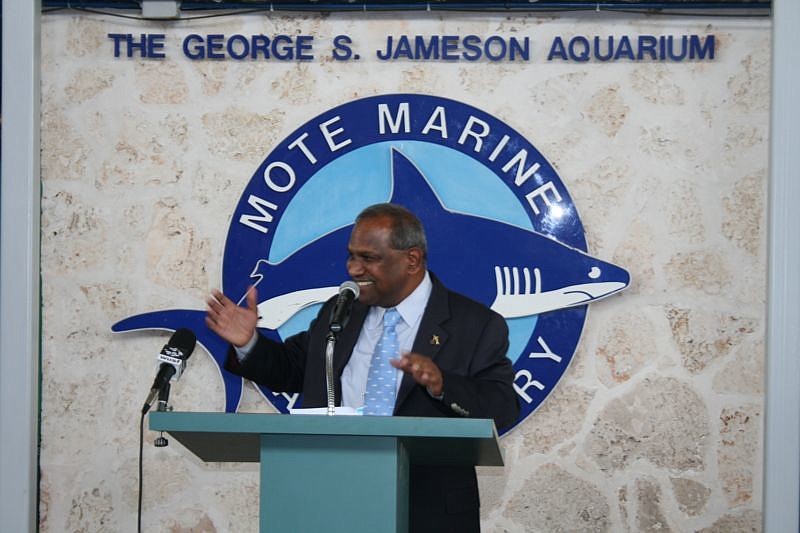- May 4, 2024
-
-
Loading

Loading

A decade-long study about the effects of Florida red tide on human health wrapped up last week at Mote Marine Laboratory.
The results of the $15.8 million study, funded through the National Institute of Environmental and Health Sciences, are due to NIEHS in June.
The study found that Karenia brevis has at least 12 different toxins that can be harmful to humans and characterized these toxins and developed new tests for these toxins. The study generated scientific proof these toxins become airborne, can be inhaled by humans and can travel up to a mile inland.
The study also found scientific proof that people with compromised lung function, such as asthmatics, who inhale these toxins, suffer more and have longer-term impacts that people who don’t suffer from breathing problems, even after one hour of exposure. Researchers discovered that K. brevis has at antitoxins, one of which currently is used to develop a new cystic fibrosis drug.
The study began in 2000 in response to questions and complaints from workers, residents and health care providers about the possible respiratory and health effects of Florida red tide. More than 500 Southwest Florida residents participated, including people with chronic lung conditions and people with normal lung function.
Contact Robin Hartill at [email protected].